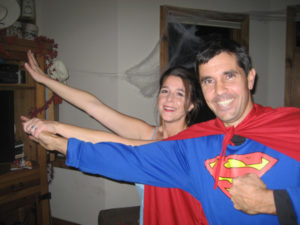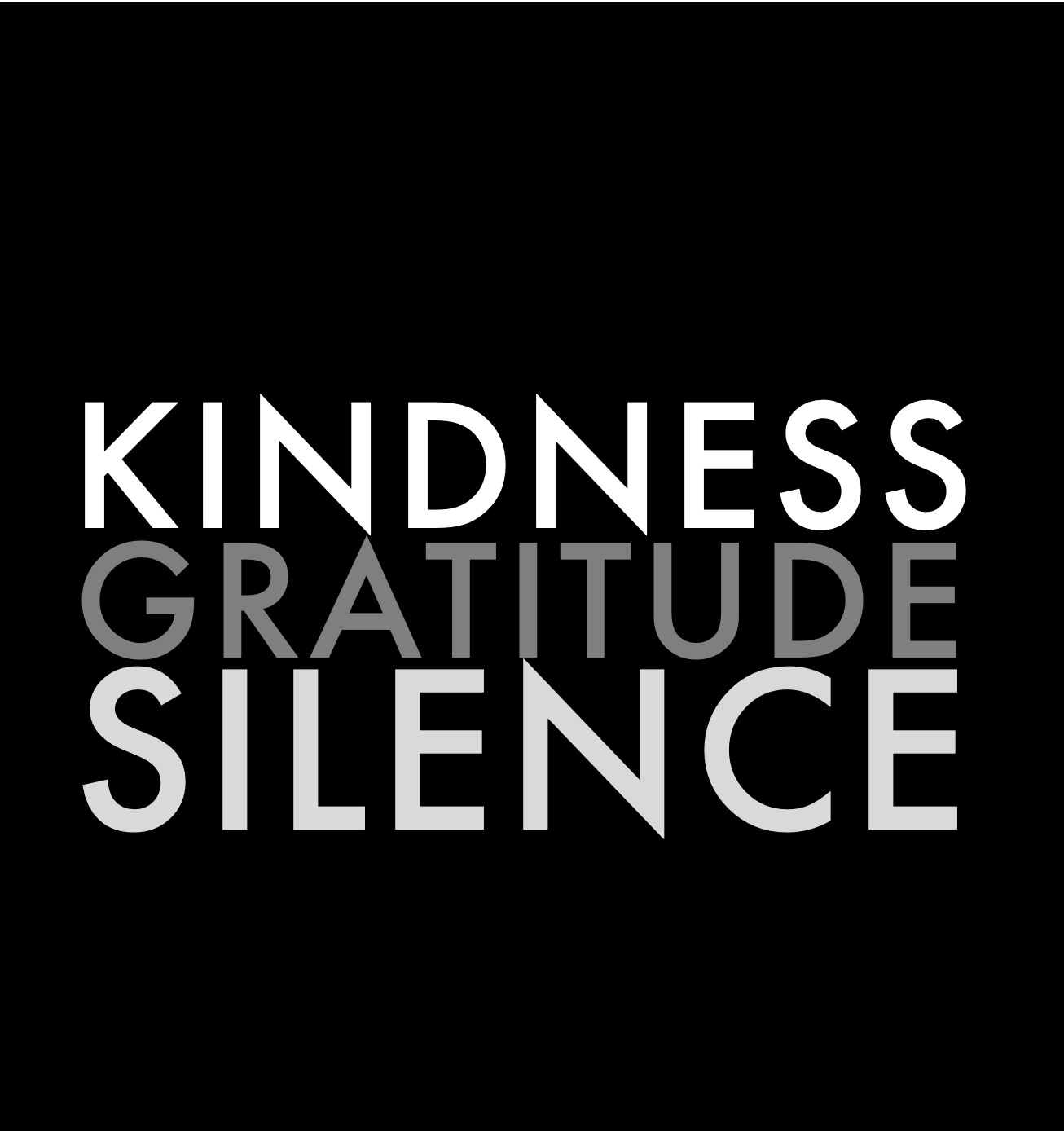 – by Katie Roberts
– by Katie Roberts
Bandwidth is commonly an issue for John Roberts. As Hood River County’s community development director, the dad of our two children—plus a new puppy—and a volunteer for a number of local organizations, he’s pretty busy (as most of us are).
Yet in spite of a schedule that’s often seemed stretched thin, John has always considered himself a pretty happy guy. In fact, it was his positive spirit that drew me to him. I’d dated a grumpy, negative person in the past and knew that wasn’t going to be a good lifelong fit. When I met John, he was peaceful, slow to anger, and always doing kind things for other people. He loved skiing and other types of outdoor recreation. He also laughed a lot.
And yet, in the past few years, perhaps taxed by some of the challenges we’ve had with being parents, managing finances, and juggling our jobs and how to achieve the future of our dreams, he’s sometimes gotten down. More often than he’d care to admit, he’s put his health and wellness on the back burner, too. So it seemed like a great idea for me to challenge John to take on the Daily 3 Habits of Gorge Happiness Month. After all, even mostly happy people can always benefit from practicing more gratitude, kindness and moments of silence and present, right?
Being his wife, it wasn’t easy to be objective in writing about this challenge. But wearing my “journalist” hat, I interviewed him regularly to find out what he experienced and noticed throughout the month. Here are a few of the takeaways:
- It created engagement. Although it felt forced by me, the wife, John says Gorge Happiness Month got him to engage with people in his office around a topic that he was surprised they had genuine interest in. He forwarded information onto the county, which published the details in its monthly newsletter. He also used a large poster that had three spots for his planning department staff members to comment and track their daily acts of kindness, gratitude and moments of silence. “It was a self-initiative activity—I just kind of put it out on the table and let people do what they wanted with it,” he says. “People participated without being asked and by their comments and commitment, you can tell they enjoyed this exercise in happiness.”
- It was catching. Being in a government department that provides customer service, staying positive is essential. “Because this activity generated greater awareness and perspective on life and work, I could see our staff members were happier, more patient and better at connecting with people. Any tool that supports our morale invariably affects the customers who interact with us—they come away feeling better, too.”
- It ignited personal change. For John, doing the Daily 3 Habits wasn’t easy. He had to make a concerted effort and found himself struggling to do so on more than one occasion. “I was disappointed with my follow through, particularly with the moments of silence, which I found really hard to do,” he says. “But silence comes in so many forms…just doing some exercises, stretching for a few minutes during the day, and being quiet counted for me. And at least I did that pretty regularly! But looking back, I did ramp up things I was doing for others…the acts of kindness. And I was more appreciative of the small things in life.”
- It works. There are so many gimmicky types of campaigns and efforts out there today—but how can you not benefit in some way from practicing happiness? John asked. “This is a kind of non-controversial experiment, and it works because–unlike other kinds of movements or efforts—it doesn’t create barriers in any way. In fact, it does the opposite. It helps tear them down.”
- It was worth the effort. Even though John initially felt “forced” to participate in Gorge Happiness Month, it didn’t take long for him to realize its value. At work, people responded and got behind it. And he also brought happiness home and into his personal life, talking around the dinner table with his kids about gratitude, how to be more kind (even to school bullies), and how to slow down and be more present and engaged with one another. “It’s important to try to model the Daily 3 for today’s kids because life is pretty stressful for them,” John says. “I also found myself doing things like leaving better tips in customer service situations, listening to a friend who was struggling with a job loss, and reflecting on the simple pleasures in life.”
Looking back, John feels he wasn’t necessarily a true skeptic in regard to the power of practicing happiness. However, the notion of it becoming an ingrained mindset and behavior was certainly a challenge for him. Going forward, without daily reminders, such as those that he got through the Gorge Happiness Month app, it could be tough to sustain.
“It takes a lot of work to make real change…what we now need is for One Community Health to create a how-to sustain happiness manual,” John says. “That said, I do notice that I’m definitely more aware of the importance of making happy a habit, am paying attention to more things that are good, and make efforts, even if they are small, to keep it up. To put a twist on an MLK quote, ‘If you can’t do great things, you can do small kind things in a great way.’ This is sort of my biggest takeaway from it all.”
And, in case you’re wondering…although he was pressured a bit into participating in Gorge Happiness Month, yes, he’s even glad his wife made him do it!
